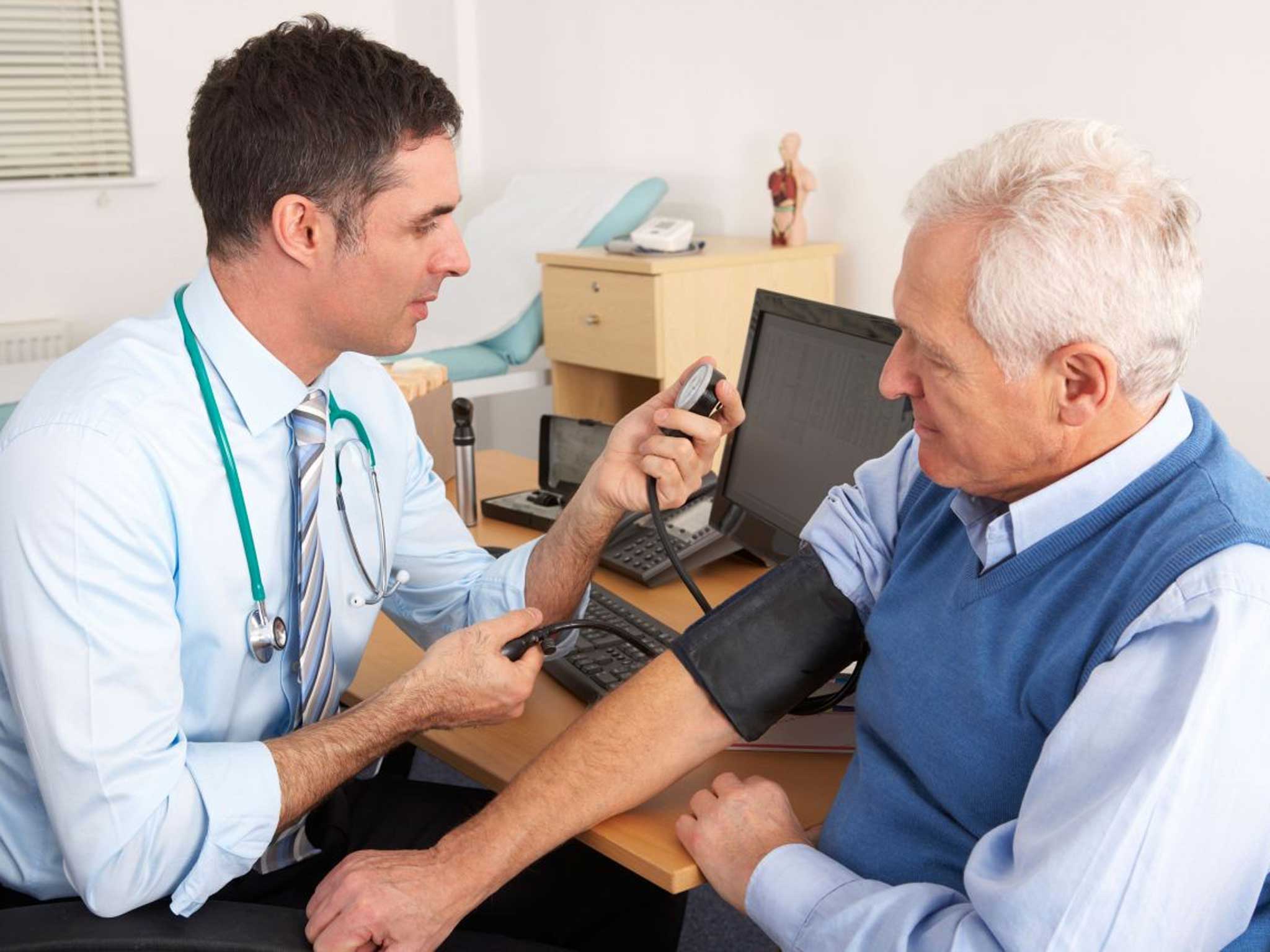BMA says GP surgeries are 'bursting at the seams' and under-resourced
David Cameron wants more people with health problems to be treated in the community to avoid expensive hospital care

GP surgeries are "bursting at the seams" and lack the resources, staff and even the "physical space" required to deliver on ambitious government plans to provide seven-day care and an enhanced service for the over-75s, one of England's most senior GPs has said.
David Cameron has pledged to make it easier for patients to get an appointment, and last month announced a £50m pilot that will see more than 1,000 practices move to seven-day working, with appointments available 8am till 8pm.
But Dr Chaand Nagpaul, chair of the BMA's General Practice Committee, said the Government was "making promises without having an honest discussion" about the "chronic under-resourcing and pressures" faced by GPs, which make any major changes to working practices impossible without "sustained" investment.
Family doctors say there's been a "relentless" increase in demand in recent years, with the total number of patient consultations carried out across England per year rising from 300 million to 340 million in just five years.
However, GPs are still working in surgeries designed to cope with the demands of "over a decade ago", with no increase in resources to match the rising demand, said Dr Nagpaul, a GP for 23 years and a senior partner at a practice in Stanmore, north London.
"The infrastructure is impoverished," he told The Independent on Sunday. "We don't have the physical space, collectively in general practice, to provide the care that needs to be provided. We are seeing GPs hot-desking. There are two days a week that I cannot work in my practice because there is not a room for me. That applies across many of the practices around me."
A lack of investment meant that practices also lacked the workforce to deliver on the Government's plans for GPs to offer an enhanced service to over-75s, guaranteeing same-day consultations, with a "named GP" helping to coordinate care in the community to keep people from adding to pressure at A&E departments. More GPs, practice nurses, community nurses and even receptionists would be required, he said, but no clear funding increases have been pledged by the Government.
"There's little value in having a named GP, if the system underneath that supports a patient isn't in place," he said. "I saw a patient the other day who was just out of hospital and could barely stand, he was so weak – he needed a home carer and railings put in. If those services are not in place, you're not actually going to be able to look after that patient … he was readmitted the next day.
"What we're looking for is an investment in the tools, the enablers that allow GPs to provide that comprehensive care patients deserve."
Responding to Dr Nagpaul's comments, Labour's shadow Health Secretary, Andy Burnham, accused David Cameron of "presiding over a serious deterioration in the quality of primary care".
"It makes no sense whatsoever to cut primary care only to spend much more on treatment in hospitals," he said. "Hospital A&Es have now missed the waiting times target for 41 weeks running. It is clear that this in part is explained by the difficulty in getting a timely GP appointment."
GPs are currently being lined up to play a crucial role in a major reorganisation of NHS care, which will see funding shifted away from the hospital sector. The emphasis will move to caring for elderly people and those with long-term health problems, such as diabetes, heart disease and respiratory disease, in the community. The goal is thereby to prevent health problems from becoming so acute that patients need expensive hospital care.
In 2015, £3.8bn of NHS funding will be transferred to local councils to invest in social care services, but GPs have yet to hear of any comparable investment. Despite being responsible for around 90 per cent of patient contacts within the NHS, they now receive less than 9 per cent of NHS cash – a share that's been falling in recent years.
A spokesperson for NHS England, in response to Dr Nagpaul, said that the plan would give "greater flexibility to local healthcare professionals to decide how best to plan services for their community, including premises development.
"The NHS and local authorities are working together to decide how – from next year – to use £3.8bn of NHS funding to develop more integrated health and care services."
Join our commenting forum
Join thought-provoking conversations, follow other Independent readers and see their replies
Comments